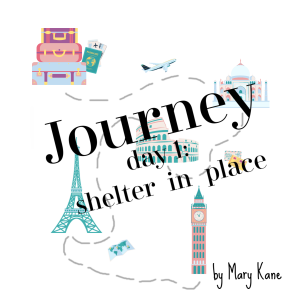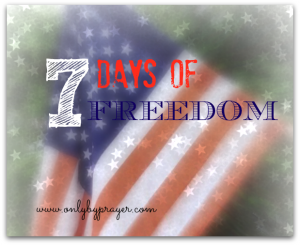Journey: shelter at home
 Covid 19 has brought many changes to life in America. During this unprecedented season many of us have had adult children move back to shelter at home. Amid times of stress and hardship sometimes there is no place like home sweet home.
Covid 19 has brought many changes to life in America. During this unprecedented season many of us have had adult children move back to shelter at home. Amid times of stress and hardship sometimes there is no place like home sweet home.
Please get your Bible, journal and pen. Take a moment to quiet your heart before God and ask Him to teach your through His Holy Word.
journey home
Please read Ruth 1:1-7.
In the days when the judges judged, there was a famine in the land. A certain man of Bethlehem Judah went to live in the country of Moab with his wife and his two sons. 2 The name of the man was Elimelech, and the name of his wife Naomi. The names of his two sons were Mahlon and Chilion, Ephrathites of Bethlehem Judah. They came into the country of Moab and lived there. 3 Elimelech, Naomi’s husband, died; and she was left with her two sons. 4
They took for themselves wives of the women of Moab. The name of the one was Orpah, and the name of the other was Ruth. They lived there about ten years. 5 Mahlon and Chilion both died, and the woman was bereaved of her two children and of her husband. 6 Then she arose with her daughters-in-law, that she might return from the country of Moab; for she had heard in the country of Moab how Yahweh had visited his people in giving them bread. 7 She went out of the place where she was, and her two daughters-in-law with her. They went on the way to return to the land of Judah.
Who left Israel to go to Moab (vs 1-3)?
With whom did Naomi leave Moab to return to Israel (vs. 7)?
Why did Naomi decide to return to Israel?
come on home
Go back and read verse 6 again. Go back to verse 6 again and make note in your journal of a few important words from this verse.
The word arose used in this verse is from the Hebrew word quwm which means be clearer, confirm, ordain, strengthen, to stir up. The use of this word indicates that Naomi makes a a definite decision to return to her homeland.
But this was not a decision Naomi made on her own. Quwm also means to denote the inevitable occurrence of something predicted or prearranged (Strong, 1996). From the definition of this word we see God is at work in Naomi’s heart, strengthening and stirring up her soul for the return trip to Bethlehem so she could go back and shelter at home.
return home
Take another look at verse 6. The Hebrew word used for return is shuwb which means call, convert, deliver, draw back, fetch home again, rescue. Again we see evidence that God is at work behind the scenes to bring Naomi back to Bethlehem.
Using what you’ve learned from the definitions of arose and return, please rewrite Ruth 1:6 in your own words in your journal.
why return home?
Why was God going through all this trouble to bring Naomi and her daughters back home? Please open your Bible and read Matthew 1:1-16.
Whose family line is recorded in Matthew 1:1?
What familiar woman’s name is recorded in Matthew 1:5?
The wonderful sovereignty of God! A Hebrew family willingly leaves the Promised Land to live in Moab. God not only calls Naomi back to Bethlehem, but He uses this event to further His will. Ruth is part of the family line of Christ!
shelter at home
How about you? Have you wandered far from God? If You have God is working right now, behind the scenes to quwm your heart so you will shuwb back where you belong to shelter at home with Him.
What’s one thing you need to do now so you can return to shelter at home with God?
You do not have to wait until you clean up our act, get it together or fix yourselves up before you go home. Naomi sure didn’t. She returned home empty and broken. But she was wise enough to return. Run home now. God is waiting for you to shelter at home with Him.
How are you sheltering with God during this season? Please leave me a comment below. I’d love to chat with you!

copyright 2020. all rights reserved.
For more information on sheltering at home, please click on the links below:
Moody Bible Sheltering at Home
Focus on the Family: Corona Virus Quarantine
Please click below to access parts of this study:
Day 1: Journey, Shelter in Place
 The birth of a baby is a joyous event! The parents to-be spend hours preparing the nursery, buying baby paraphernalia, baby-proofing the house and most importantly, choosing a good name. Today our Bible study focuses on the meaning and importance of names.
The birth of a baby is a joyous event! The parents to-be spend hours preparing the nursery, buying baby paraphernalia, baby-proofing the house and most importantly, choosing a good name. Today our Bible study focuses on the meaning and importance of names.

